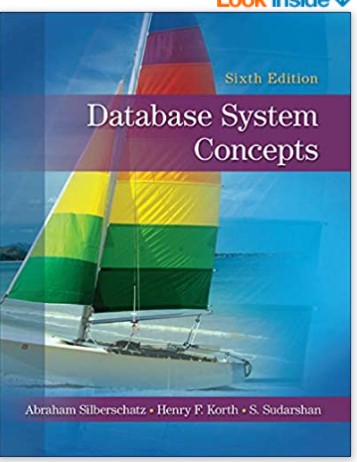- Teacher: VISHNU PRIYA T. P.
- Teacher: ANU VICTOR
COURSE OUTCOMES:
OUTCOMES |
CO1: The students will be able to plot the VI characteristics of all diodes and can design a p-n junction structure given required electrical performance and compare the experimental data to the theoretical curve of the diodes. CO2: The students will be able to use the scanned-load-line methods to obtain the I-V characteristic of the BJTs CO3: The students will be able to design and implement single-stage BJT amplifiers and observe amplitude and frequency response. CO4: The students will be able to calculate the terminal currents : IE, IC, IB CO5: The students will be able to describe the basic FET structure/operation by channel types (n or p), and by the presence/absence of conduction channel CO6: The students will be able to calculate the threshold voltage (VT) of MOS structures and explain how VT can be controlled CO7: The students will be able to describe the structures and the operating principles of JFETs, MOSFETs and design a MOSFET structure given required electrical performance CO8: The students will be able to draw practically the characteristics of SCR and UJT and will be able to explain the operating principles, structures, electrical characteristics of various optoelectronic devices like:LEDs, photo detectors , solar cells |
- Teacher: SOWJANYA D
Course Outcomes
CO1: Understand what is a database system
CO2: Understand the relational model of data
CO3: Understand Data Normalization
CO4: Understand constraints, views, triggers, and indexes in Databases
CO5: Be proficient in SQL and PL/SQL
CO6: Understand basic transaction processing concepts
CO7: Competency for implementing a small Database system.
CO8: Understand different database recovery and security methods

- Teacher: ANU VICTOR